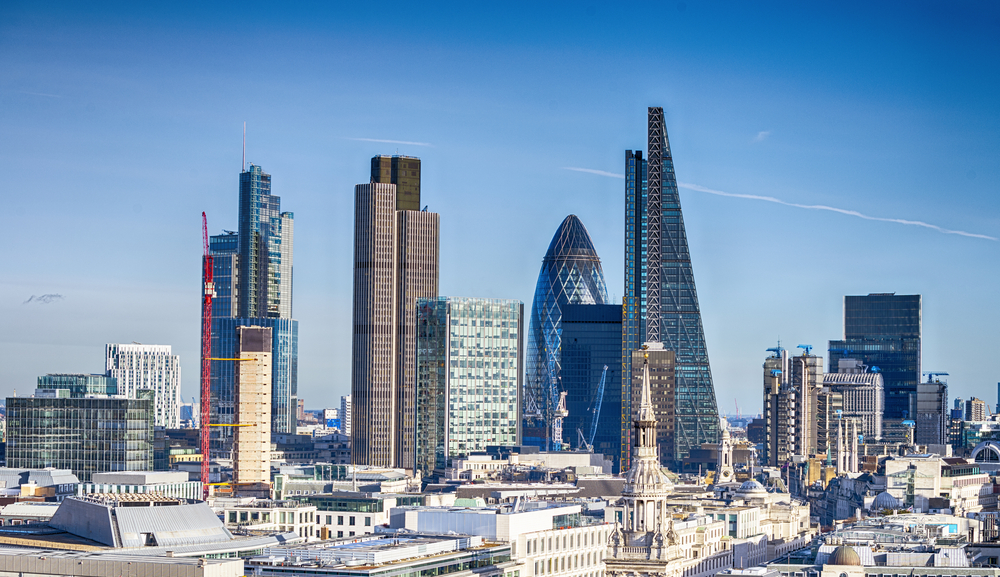Mayor of London: Real Estate

It has been a year since London elected a new mayor, the predecessor, Mr Johnson had given the capital so much in the way of Boris Bikes, a very successful Olympics and many comical moments. Khan is a different type of mayor, different political party to start with, but the foundations and progression in which he looks to install into the city are far from what we’ve seen before.
He hasn’t had an easy introduction; Brexit, a snap election and now the Grenfell Tower incident. Khan has reacted at every turn in true diplomatic style. While he has handled these situations with composure, when it comes to his track record within the property industry, has he delivered what he promised?
Khan agreed with Melanie Leech in early 2017 – the availability of land and its uses would be a key issue that his office would need to visit: “The key to being able to generate more stock and tackle the need for more affordable housing is to release land” (Melanie Leech). This would be the cornerstone of affordable housing and further London developments, something Khan made a keynote in his campaign. However, nothing has seemed to run in favour of this so far.
Adam Challis, head of residential research at JLL, made a clear statement on the issue: “Completion rates suggest things are going in the right direction, but it’s the starts issue that is far more relevant and that’s turned pretty sharply in the other direction,” he says. “This year will see central London starts remain well below what they need to be in terms of the targets set. The market has moved against the mayor.”
A thorn in Khans side has come in the form of the Battersea Power Station Development Company (BPSDC), 18 months after the initial launch they have only sold 350 of the 539 flats. This correlation is in direct confliction with the first phase of the scheme in 2013 that sold approximately 865 apartments in just a few weeks. The sluggish sales in the £8bn Battersea scheme are a further sign of the slump that has hit London, with British Land, Capco and others admitting they have felt the market tighten.
This was a tough situation, made more difficult by Wandsworth’s Council decision to side with Battersea Power Station Development Company’s plan to cut affordable housing on the site from 636 to 386. Khan publically announced his feelings of fury for this decision, however, there have been accusations of Khan “wasting a year” and only just promoting the issue with vigour late in the day, which would have had an influential impact if it had been conducted earlier.
It isn’t all doom and gloom for Khan, London saw the highest quarterly investment total since the end of 2014, with overseas investors – predominantly from the Far East – accounting for a whopping 80% of all transactions. This totalled approximately £4.9bn of investment trade. We will also witness by December next year the Elizabeth line (Crossrail 1) up and running. Alongside these, the industrial sector has quickly become a favourite with investors, accumulating a ring of followers that are racing each other to get a piece of the action.
Khan has certainly not had an easy introduction to office. The last 12 months have been a roller-coaster in and out of the property industry; let’s see what the next 12 months bring.
